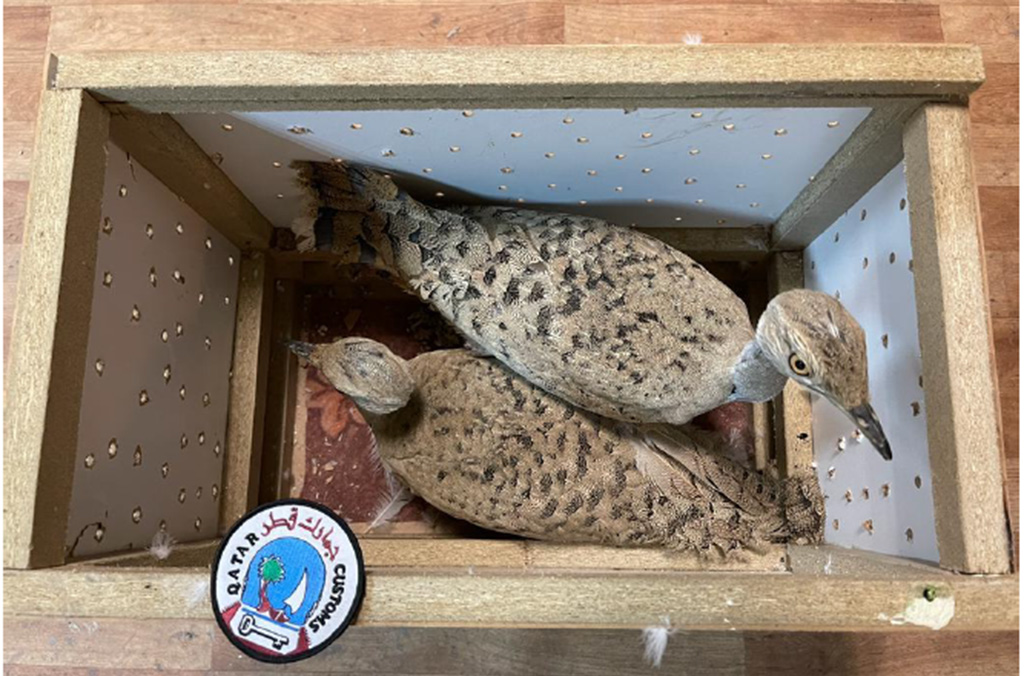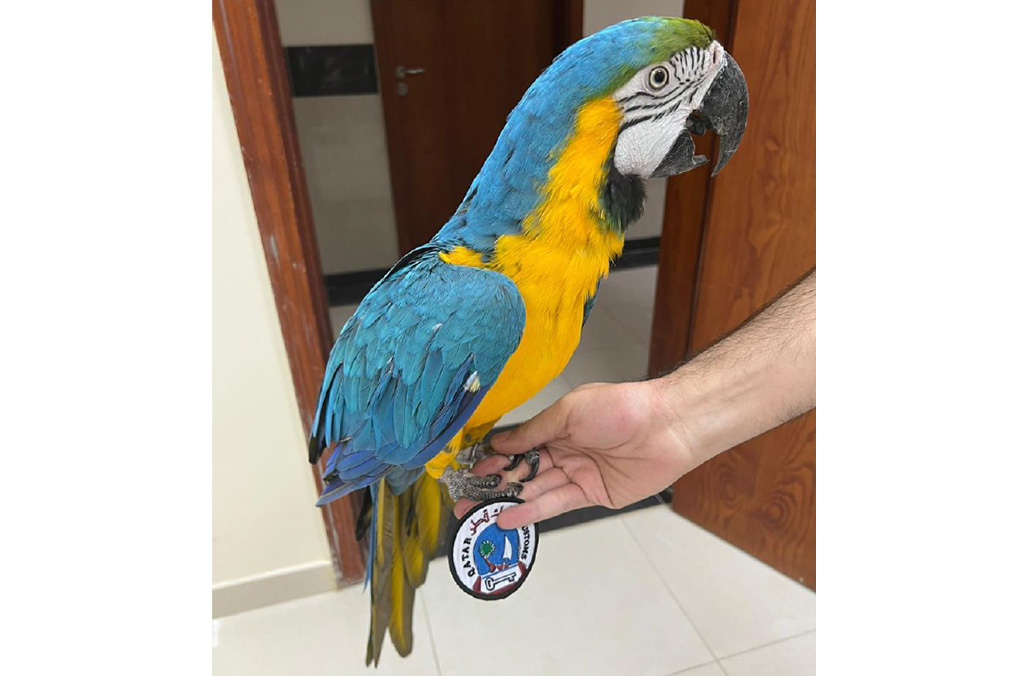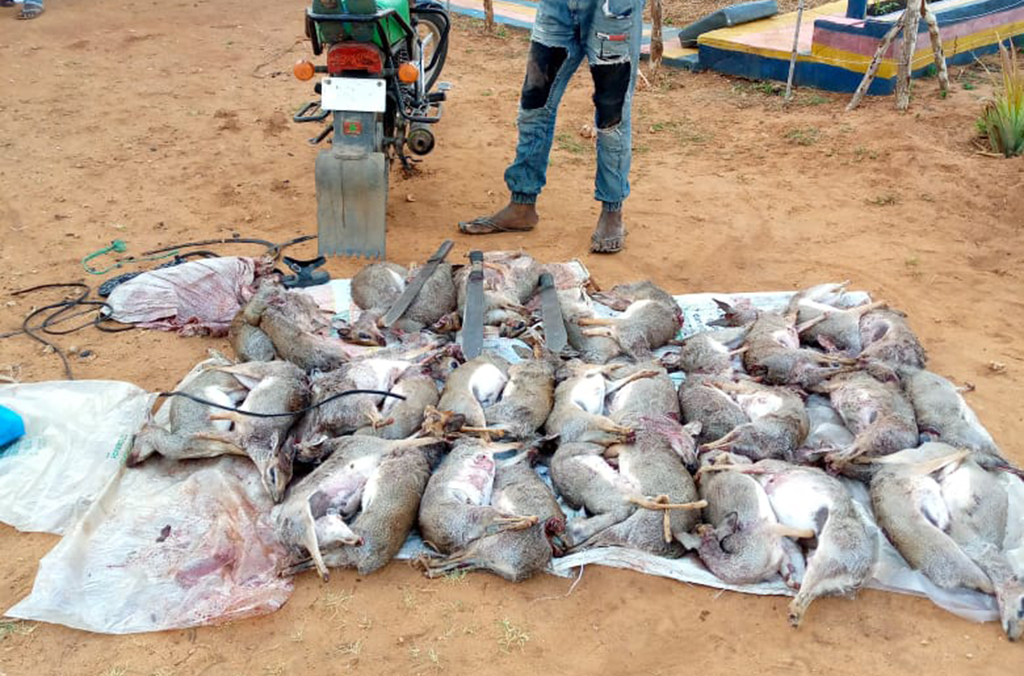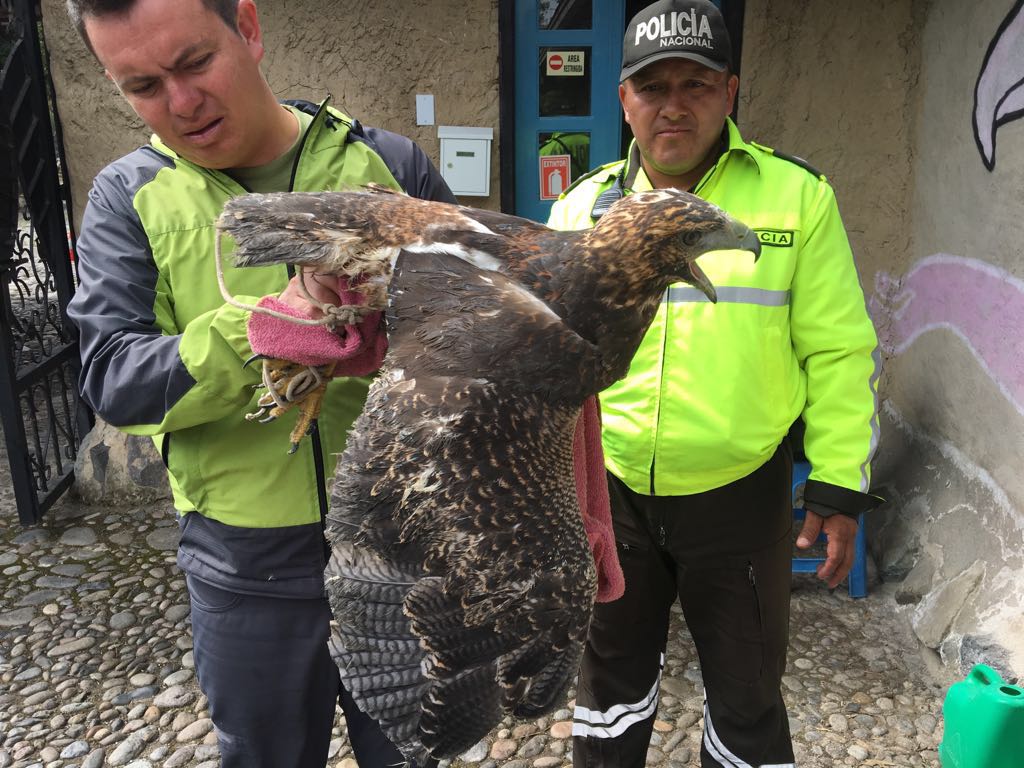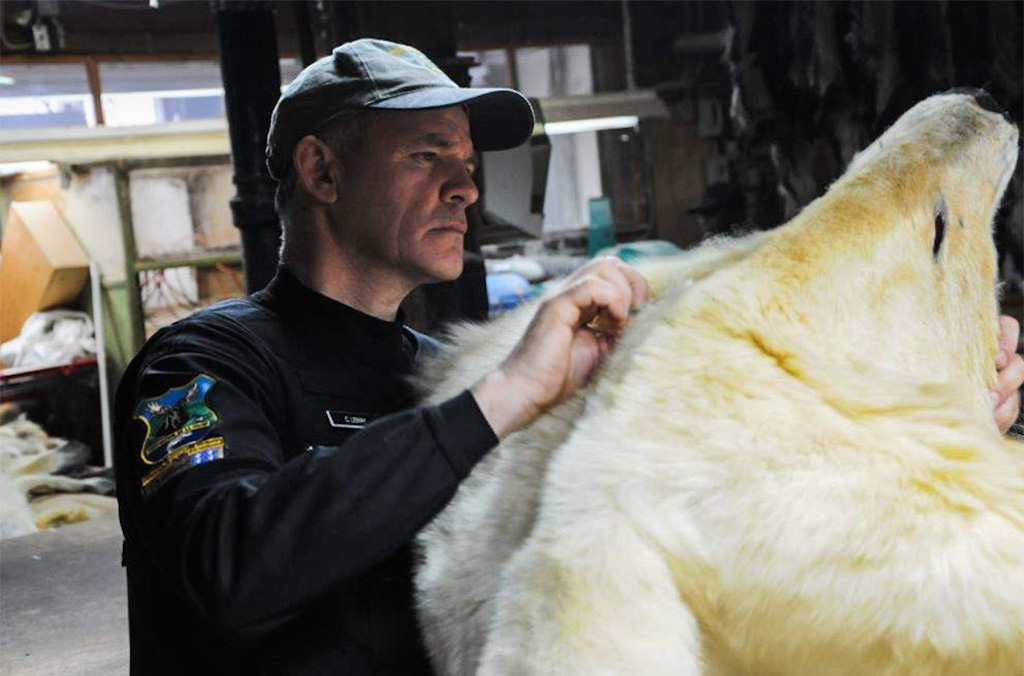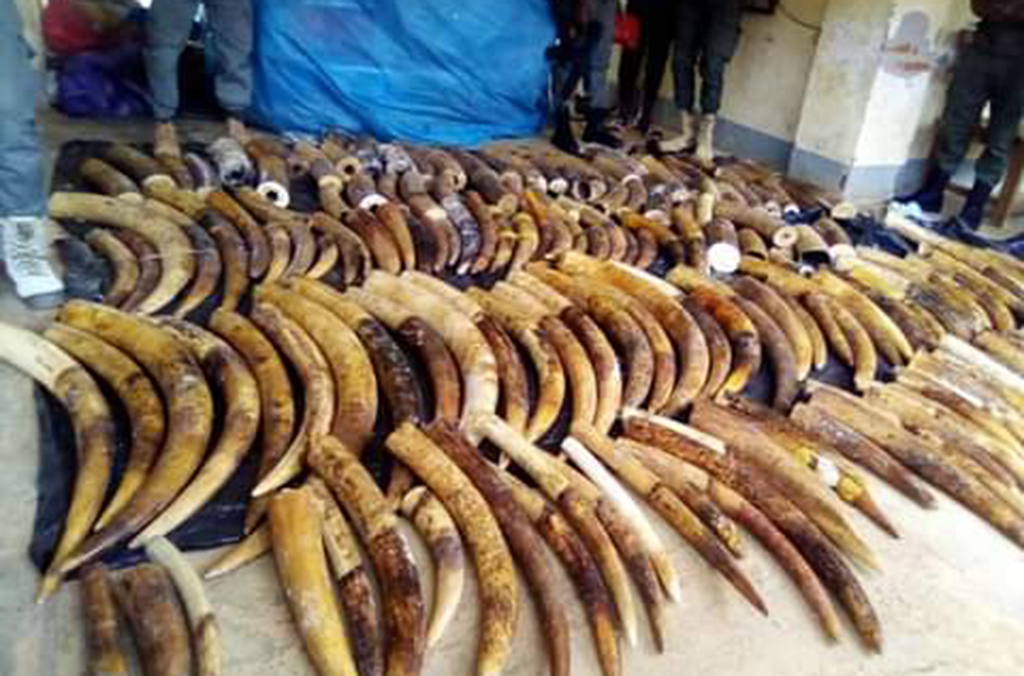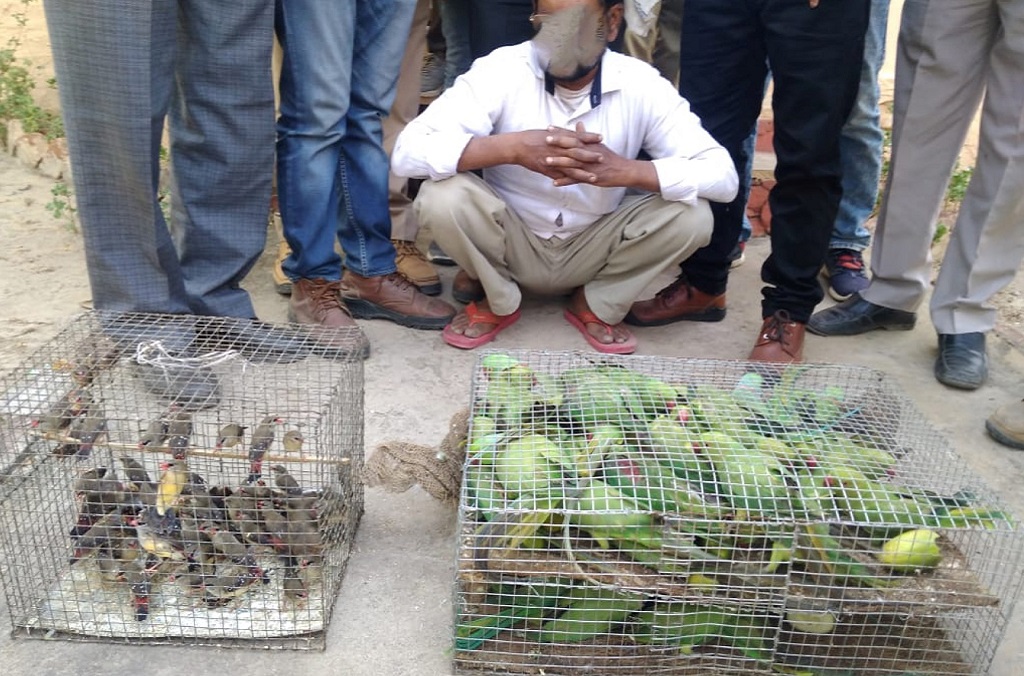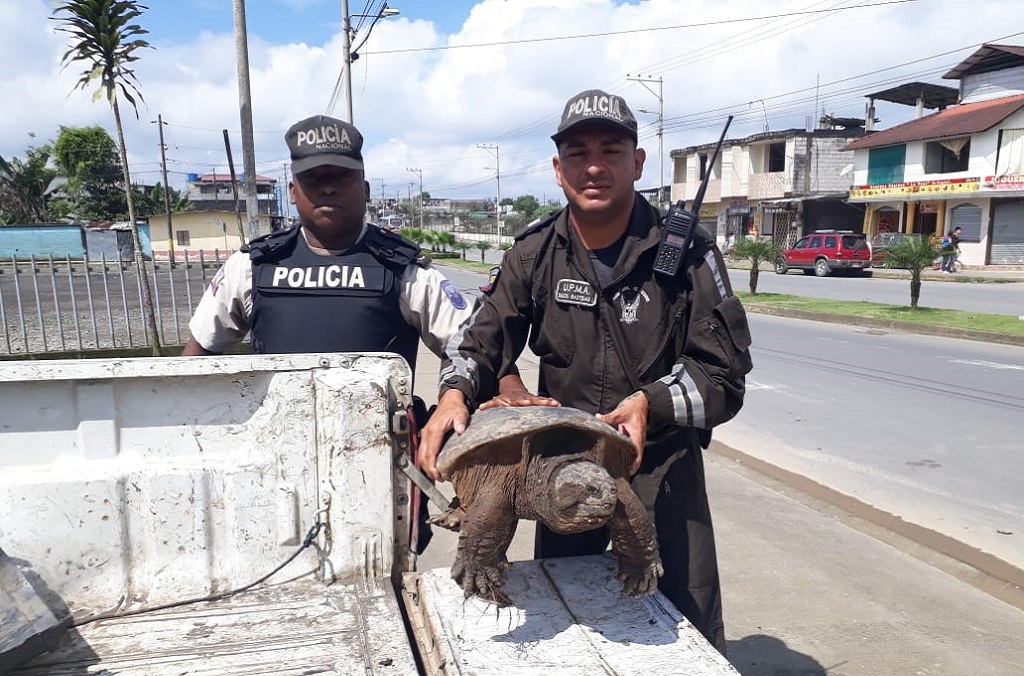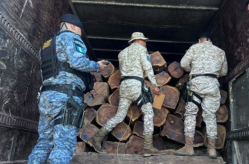The illegal acquisition and consumption of wildlife are among the top global drivers of the decimation of some of the world’s most endangered species and a severe threat to the delicate balance between ecosystems and biodiversity.
Celebrated under the theme “Recovering key species for ecosystem restoration”, this year’s United Nations World Wildlife Day is shining a light on the status of some of the globe’s most critically endangered species.
While sometimes overlooked, law enforcement has a critical role to play in protecting endangered fauna and flora and, consequently, in safeguarding wider ecosystems and bringing about a greener future.
Wildlife and forestry crime make up the world’s fourth largest illegal trade and INTERPOL works relentlessly to enable police forces in its 195 member countries to tackle wildlife crime from all angles and across all continents.
Linked with cyber and financial crime
Borders do not restrict wildlife crime, nor lessen its consequences on climate change, biodiversity, security and public health. Endangered species, critical to the worlds ecosystem, are lucrative targets for the world’s transnational organized crime groups.
A truly global approach to tackling this threat is vital. INTERPOL’s environmental security programme helps to disrupt and dismantle the networks involved in this illegal trade by assisting enforcement authorities on all continents to enforce national and international laws and treaties effectively.
Because wildlife crime is often linked with cyber and financial crime, INTERPOL provides member countries with the tools and databases required to follow key suspects along these crime paths, from detection to investigation, arrest, prosecution and conviction.
Criminals constantly adapt their modus operandi in attempts to avoid detection. By engaging with the entire wildlife sector and supply chain to identify and catalogue wildlife crime methods – and issuing INTERPOL Purple Notices - INTERPOL is able to help member countries stay one step ahead.
More than 3,000 offenders arrested
INTERPOL also coordinates global police operations that have brought many wildlife criminals to justice. These operations help dismantle the networks behind environmental crime and have led to the seizure of tonnes of illicit wildlife products, including live endangered species.
Over the past decade, INTERPOL has coordinated more than 50 regional and global wildlife crime operations. The organization’s intelligence-led operations have helped identify trafficking hotspots and criminal targets, while ensuring the seizure of protected wildlife, from live big cats to reptiles to timber.
Last October, INTERPOL’s Thunder 2021 operation against wildlife and timber crime saw the disruption of wildlife crime networks and hundreds of arrests worldwide, with the involvement of customs, police and financial intelligence units, as well as wildlife and forestry agencies in 118 countries. The operation identified some 300 suspects and the seizure of:
- 423.31 kg and 520 pieces ivory-derived products
- 25 live and 85 big cat parts;
- 2.1 kg and 51 pieces of rhino horns and three rhino carcasses;
- 856 kg and 4,491 pieces of pangolin scales;
- 9,796 of turtles and tortoises;
- 5,094 birds and 171 bird-derived products;
- 342 live reptiles and 253 reptile-derived products;
- 820 live, 4,675 pieces and 5990.3 kg of marine products including totoaba, corals, eels, shark fins and sea cucumbers;
- 516.7 kg, 7,246 live and 1.4 million plant-derived items;
- 2,143 pieces, 97.4 tonnes of timber and 280 pieces, 11.7 tonnes and 313m3 of rosewood.
The operation triggered worldwide arrests and investigations linked to illegal trading, processing, exporting and importing of protected wildlife and forestry products. Since the first edition in 2017, Thunder operations have seen some 8,000 seizures of protected wildlife and forestry species and the arrest of more than 3,000 offenders.
In the past year, other INTERPOL-coordinated operations have yielded significant arrests and seizures of endangered species, including notably Operation Golden Strike, which triggered worldwide arrests and further investigations linked to wildlife trafficking.




